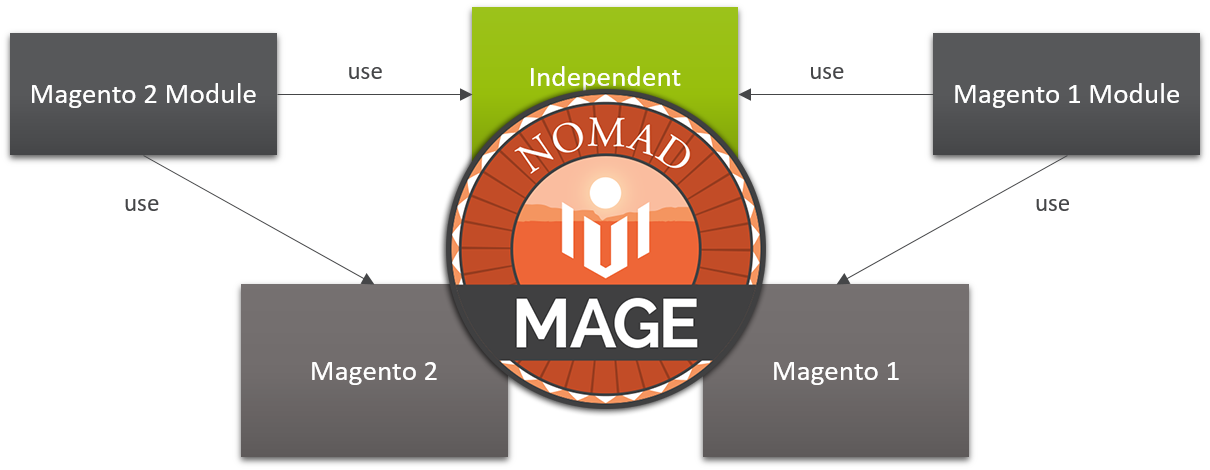I’m proud to annouce that I will present the Nomad Mage session of January 2017. Nomad Mage is the Magento offspring of Nomad PHP and describes itself as:
Nomad Mage® is a virtual user group for Magento developers who understand that they need to keep learning to grow professionally. We meet online monthly to hear some of the best speakers in the community share what they’ve learned.
My topic: “Keep Magento Out of Your Magento Extensions – Refactoring to Framework Independent Code”
To port an existing Magento 1 extension to Magento 2, it can be helpful to first extract the business logic into a reusable library. This also makes for more testable and future-proof code. But how can it be done?
On Nomad Mage I’m going to walk through real examples to show you how such a refactoring can be approached. Although we will focus on refactoring existing Magento 1 extensions, the patterns you will learn are also useful for new extensions, Magento 1 or Magento 2.
Continue reading “Learn Refactoring to Framework Independent Code”
